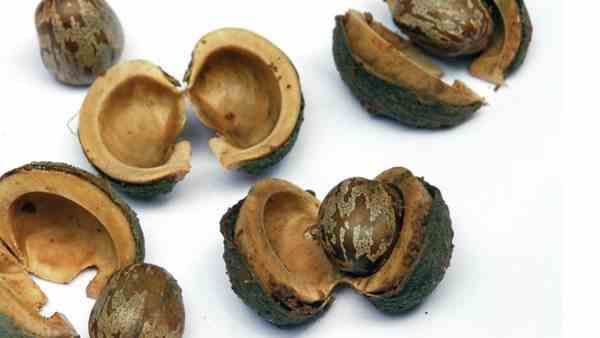
SURABAYA-The energy and climate crisis has become a global concern. Dependence on fossil energy as fuel oil (BBM) can have an impact on sustainable environmental conditions in Indonesia. Therefore, there needs to be strategic steps, including producing alternative energy sources.
Answering the challenge, UNESA Professor, Prof. Dr. I. Wayan Susila, M.T discovered an alternative fuel innovation made from rubber seeds. The innovation is the result of his research entitled Biodiesel from Rubber Seeds. Biodiesel is a diesel engine fuel which is partially or wholly derived from organic materials.
Prof. Wayan said that the basis for selecting biodiesel raw materials in the form of rubber seeds was because there were a number of opportunities in the field that could be exploited. Based on data, Indonesia is the largest rubber-producing country in the world with a total production of 3.55 million tons in 2019. The area of rubber plantations reaches 3.4 million hectares. Rubber seed waste is abundant.
In addition, every hectare there are 550 rubber trees and each tree can produce about 100 fruit. About 75 percent of the rubber fruit fell to the resistance and 70 percent of the fresh seeds were collected, while 80 percent could be collected. He detailed, the weight of each fresh rubber seed is about 3 grams. Indonesia can produce around 689,834 tons of fresh rubber seeds per year. From these data, at least it can produce around 137,966,000 liters of biodiesel per year.
"Indonesia has extensive rubber plantations, but they have not been fully utilized," he said. Rubber seeds have advantages because they contain high carbohydrates which can be used as biodiesel material. The process of producing rubber seeds as non-catalyzed biodiesel has a simpler method than the catalyzed biodiesel production method.
The process starts from collecting fresh rubber seeds, then peeling the skin and pressing it on a machine to produce rubber seed oil which has high free fatty acids, but can be processed directly because it does not use a catalyst.
"Meanwhile, biodiesel production with the catalyst method cannot be processed directly because it can cause saponification. This is also the advantage of the non-catalyzed method because it can be done more quickly,” he added. According to him, the non-catalyzed method has several advantages as well as to overcome the disadvantages of the catalytic method; low water content and shorter production time.
In further research, biodiesel from rubber seeds has also been adjusted to the standards of the Directorate General of New, Renewable Energy and Energy Conservation No. 189 K in 2019. "In the future, it is hoped that UNESA can cooperate with PTPN XII for further development of biodiesel using rubber seed as raw material. Currently, UNESA is the technology provider and PTPN XII is the raw material provider. We also hope that in the future we can patent this invention,” he concluded. [UNESA PR]
Author : Gits
editor : @zam
Photo source: https://www.pertanianku.com/sekilas-menenal-biji-karet/
Share It On:






